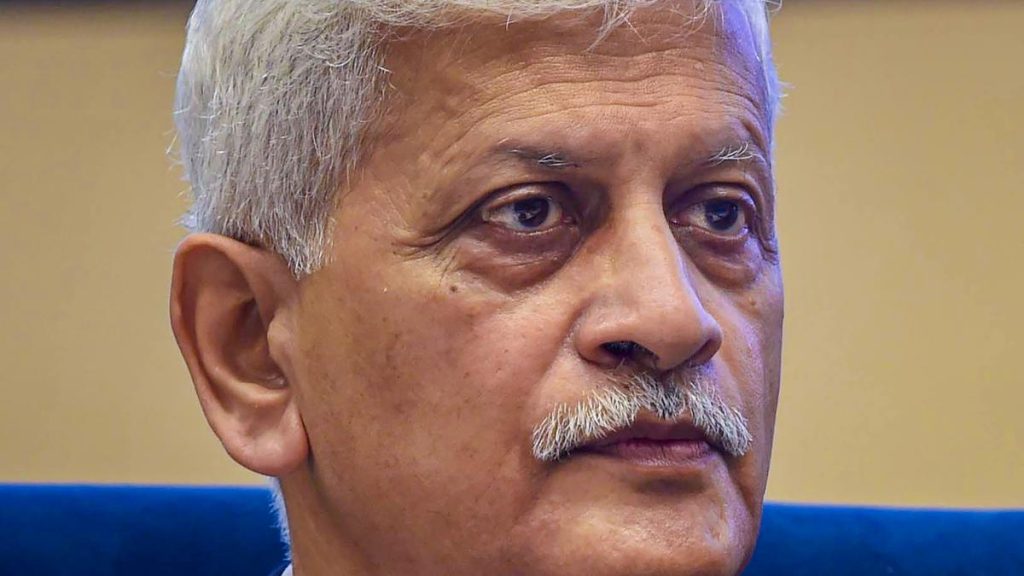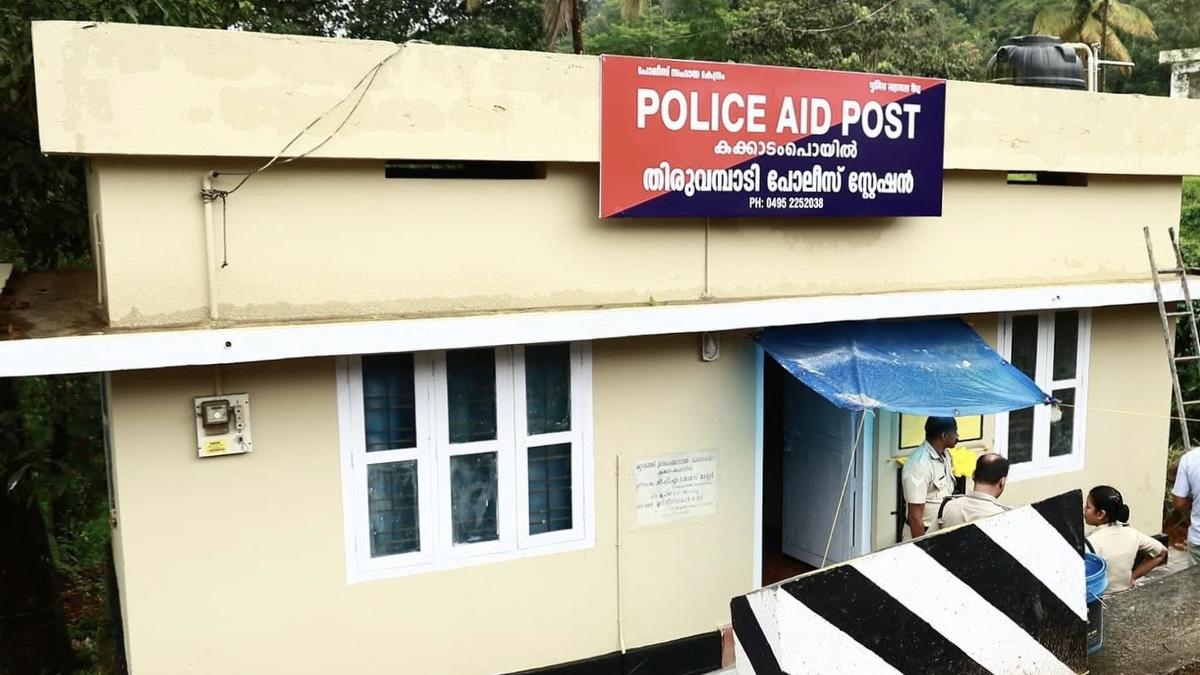Now Reading: Chennithala Calls for Vigilance Probe Into PM-KUSUM Corruption Allegations
-
01
Chennithala Calls for Vigilance Probe Into PM-KUSUM Corruption Allegations
Chennithala Calls for Vigilance Probe Into PM-KUSUM Corruption Allegations

Quick Summary
- Complaint Filed: Congress leader Ramesh Chennithala, MLA, has requested a Vigilance and Anti-Corruption Bureau (VACB) probe into alleged corruption in Kerala’s implementation of the PM-KUSUM scheme by Anert (Agency for New and Renewable Energy Research and Technology).
- Allegations: Mr. Chennithala accused top Anert officials of manipulating bidder selection processes to secure undue pecuniary gains for certain bidders, which allegedly caused monetary losses to the government.
- Details of Foul Play: He claimed irregularities in eliminating the lowest bidders from consideration during tendering processes, breaching Union government guidelines.
- investigation Requested: He urged VACB to register a case and conduct a detailed inquiry into all aspects of implementation.
- Official Response by Anert: Anert released an official statement on its website refuting Mr. Chennithala’s accusations against its CEO Narendranath Veluri.
- Scheme Overview: PM-KUSUM is aimed at solarising grid-connected agricultural pumps across India. In Kerala, anert was selected as the implementing agency.
Indian Opinion Analysis
The allegations leveled by Ramesh Chennithala bring into question the transparency surrounding government-sponsored schemes like PM-KUSUM, which aim to bolster renewable energy adoption alongside rural empowerment. If proven true, irregularities in tendering processes may undermine public trust not only in state-level agencies but also in centrally supported initiatives designed to support farmers through sustainable practices.
Calls for thorough investigations align with broader accountability measures essential for ensuring that financial resources are efficiently utilized without favoritism or malpractice. Conversely, since Anert has officially denied these claims, it underscores that both sides merit neutral scrutiny before arriving at conclusions about culpability or systemic issues within Kerala’s governance framework.
Transparency mechanisms are vital where public funds intersect with private contracting; this situation could serve as an vital test case for reinforcing such safeguards going forward.
Read More: Link

























